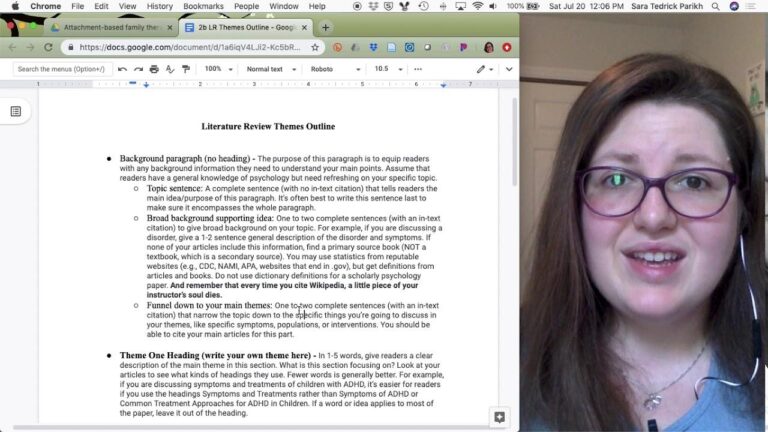Africa Insight: Delayed Peace Talks Expose Ongoing Instability in the DRC
The much-anticipated peace talks between the Democratic Republic of Congo (DRC) and the M23 rebel group, which were set to occur in Doha, have been unexpectedly postponed. This delay highlights the persistent instability in the region and raises concerns about the challenges involved in reaching a peaceful resolution. The discussions aimed to tackle decades of violence that have plagued eastern DRC and foster stability among key stakeholders. However, this setback intensifies worries regarding humanitarian crises affecting millions, worsening issues like displacement and resource shortages.
Several notable factors contribute to this postponement:
- Escalating Violence: Renewed clashes between government forces and M23 rebels have heightened fears of an intensifying conflict.
- International pressure: There is growing pressure from global entities advocating for stabilization efforts due to potential regional security ramifications.
- Negotiation Stalemates: Long-standing grievances and mutual distrust between conflicting parties present major obstacles hindering progress.
The fragile situation in DRC has prompted many analysts to consider how regional players might facilitate dialogue. If peace negotiations fail, there coudl be wider implications across the Great Lakes region.
Effects of M23 Rebellion on Regional Security Landscape
The rise of the M23 rebellion has substantially altered regional security dynamics, eliciting responses from various stakeholders while escalating tensions among neighboring nations. Initially viewed as a localized insurgency,M23 has attracted international attention,prompting both Congolese forces and surrounding countries to enhance their military preparedness. Several factors are shaping these shifting security dynamics:
- Military Partnerships: Neighboring countries are reassessing their military strategies; some may seek alliances with Congolese authorities as a countermeasure against M23’s influence.
- Refugee Influx: The unrest caused by this rebellion has led to an influx of refugees into neighboring nations,significantly straining their resources.
- Diplomatic Efforts: Increased involvement from international organizations seeking mediation adds layers of complexity that can either support or obstruct peace initiatives.
The postponement of negotiations planned for Doha further illustrates how delicate current peace frameworks are while raising alarms about potential escalations. Ongoing hostilities could lead to severe consequences for regional stability including:
| Plausible Outcomes | Securities Impact |
|---|---|
| A rise in militia activities | An increase in violence destabilizing nearby regions |
Strategies for Renewing Negotiations and Achieving Lasting Peace in the Region
the recent delay in discussions between DRC officials and representatives from M23 raises critical questions regarding effective strategies for revitalizing negotiations aimed at fostering lasting peace within the region. A collaborative approach involving diverse stakeholders is essential moving forward. Key strategies include promoting open dialogues among all parties involved while ensuring depiction from local communities during negotiations; establishing frameworks that address underlying causes contributing to conflict is vital as well.
By engaging civil society organizations alongside regional actors, there exists a greater likelihood of reaching comprehensive agreements accepted by both sides—ultimately contributing towards long-term stability.
Apart from enhancing political dialogue processes, addressing humanitarian needs within DRC remains crucial for creating favorable conditions conducive towards prosperous negotiation outcomes.
To effectively support these initiatives,
a few priority actions should be undertaken:
- Boosting humanitarian assistance directed at conflict-affected areas;
- Facilitating safe repatriation processes enabling displaced individuals return home;
- Implementing confidence-building measures specifically designed aimed at reducing hostilities whilst encouraging constructive conversations;
By concurrently addressing immediate humanitarian needs alongside political discussions—trust can possibly be cultivated amongst conflicting factions.
Establishing consistent interaction channels allowing feedback mechanisms will also prove vital when navigating through complexities inherent within any ongoing peace process.
Conclusion: Navigating Complexities Towards Sustainable solutions
The postponement surrounding upcoming talks underscores intricate challenges faced when attempting resolution amidst longstanding conflicts affecting regions like Africa today.
As both parties grapple with persistent tensions coupled with dire humanitarian situations—the global community remains watchful hoping swift returns back onto negotiation tables occur soon enough!
This delay serves not only as reminder but also emphasizes obstacles encountered throughout African peacemaking endeavors where political landscapes shift rapidly over time!
As various stakeholders strive toward establishing meaningful dialogues—the commitment towards finding viable resolutions becomes increasingly essential not just locally but across broader Great Lakes territories too! Continuous monitoring will remain crucial given developments unfolding during this pivotal negotiation phase ahead!







